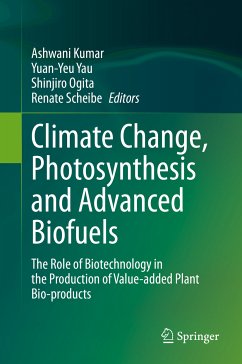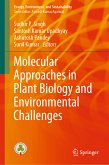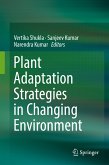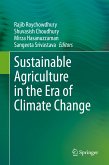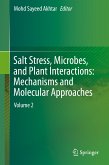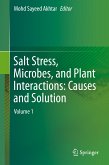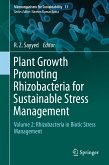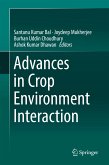The book's eighteen richly illustrated chapters are divided into three thematic parts. I: Photosynthesis and Biomass Production under Changing Conditions, II: Microalgae and Engineered Crops for Production of Biofuels and High-value Products, and III: Genetic Resources and Engineering Methods to Improve Crop Plants. Readers will find the latest information on the molecular basis of photosynthetic processes in plants (including the regulatory principles that allow plants to maintain homeostasis under changing conditions), stress resistance and synthetic pathways. In addition, the basic principles of important biotechnologies, as well as examples of specially designed crops capable of growing under stress conditions with improved productivity, are presented.
The book sets the course for future research in the field of biofuel development and production and provides both general and specific information for students, teachers, academic researchers, industrial teams, and general readers who are interested in new developments concerning the production of biofuels with value-added properties.
Dieser Download kann aus rechtlichen Gründen nur mit Rechnungsadresse in A, B, BG, CY, CZ, D, DK, EW, E, FIN, F, GR, HR, H, IRL, I, LT, L, LR, M, NL, PL, P, R, S, SLO, SK ausgeliefert werden.

